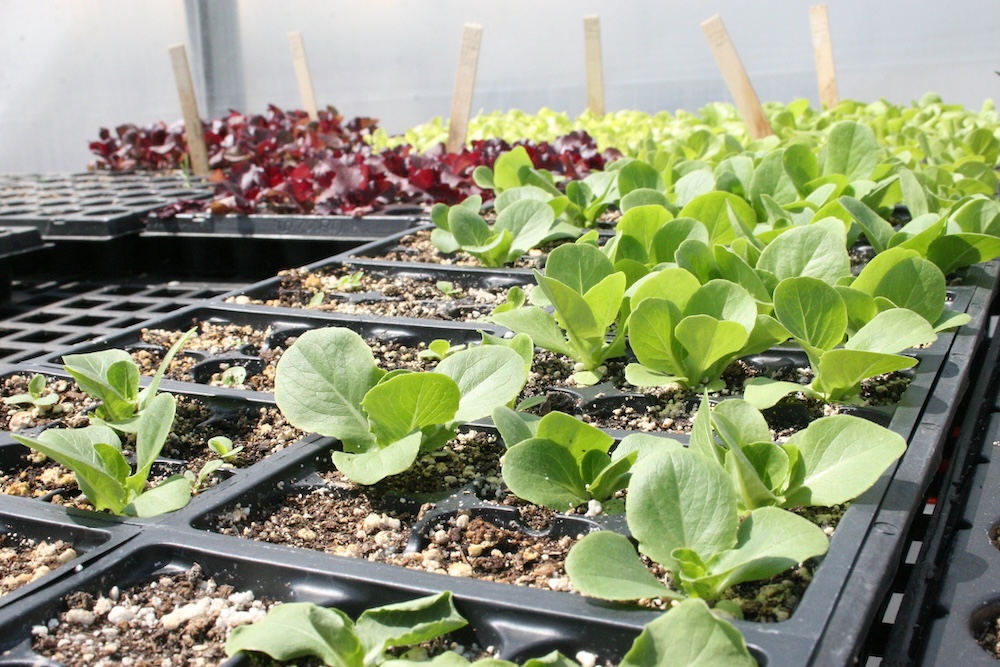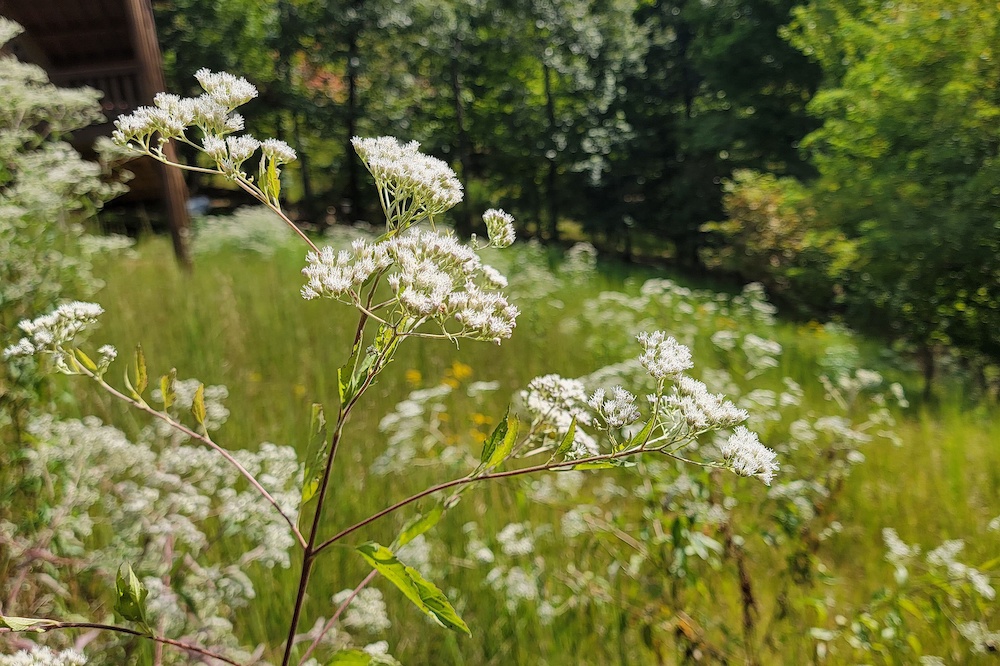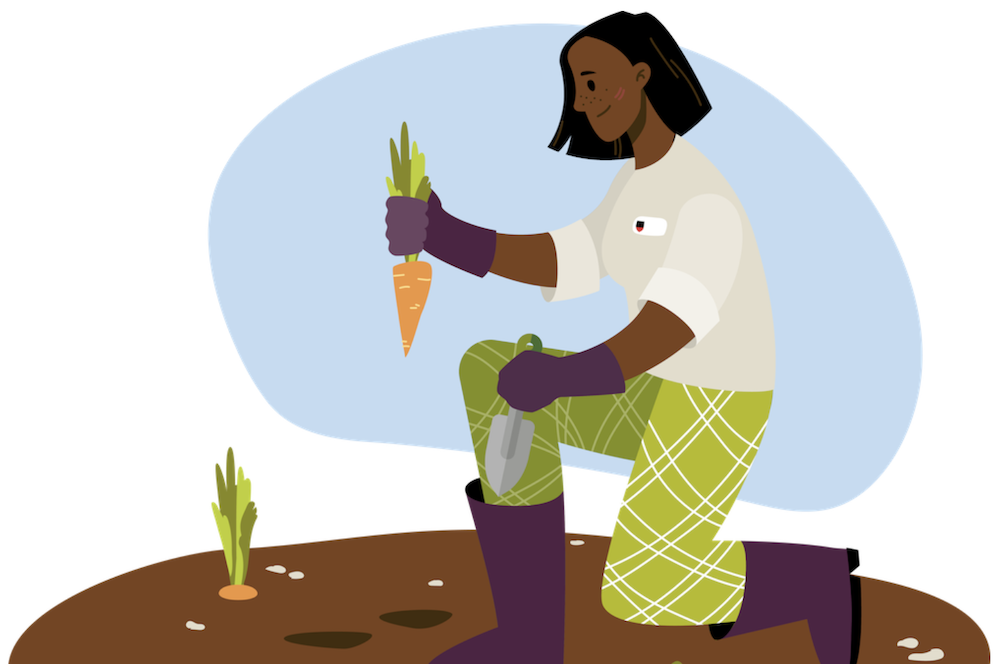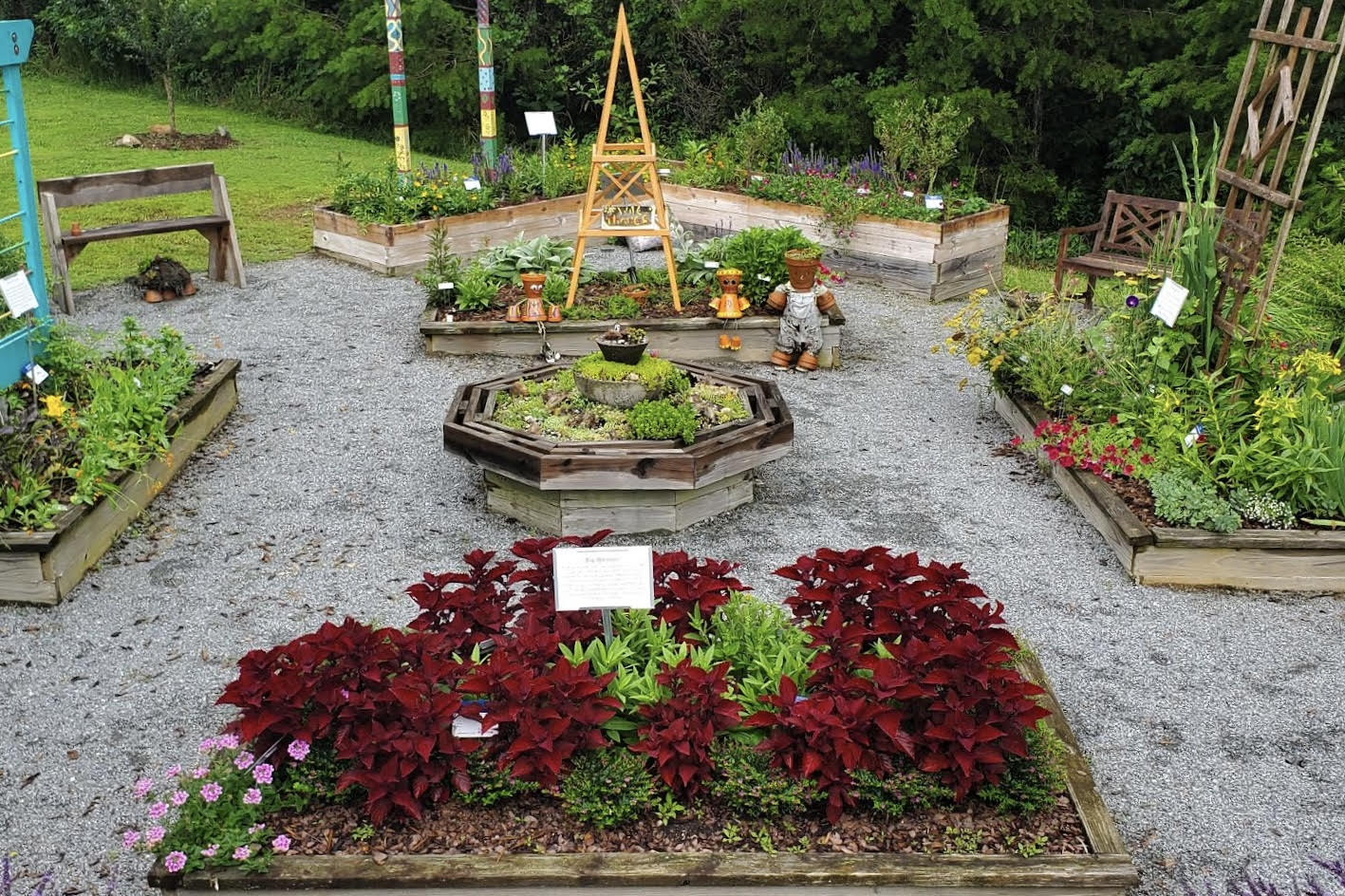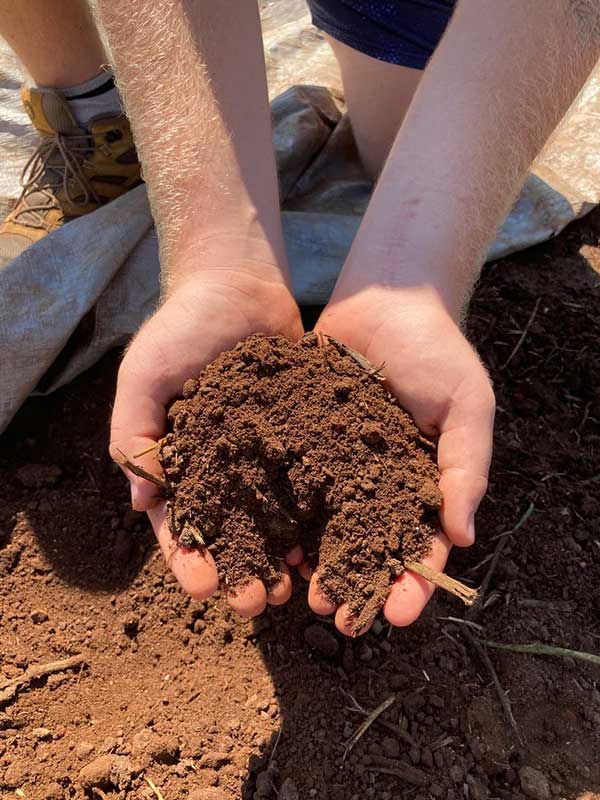.jpg)
The value of compost to a garden is probably not what most people think.
Compost is not a substitute for fertilizer if you’re trying to grow crops that have a high nutrient demand. The real value of adding composted amendments to your garden is to loosen the soil and minimize compaction, improve the drainage and aeration of clay soils, and increase the nutrient-holding capacity of your soil.
The organic matter found in compost also literally provides food for beneficial microorganisms and earthworms to thrive in your soil.
Many home gardeners assume that they can apply liberal amounts of compost to their garden and not worry about adding anything else. Unfortunately, the nutrient value of compost is very low when you consider the average compost contains about 1.5% nitrogen, phosphorus and potassium. Even cow manure is only about 0.5% nitrogen, phosphorus and potassium. These are essential macronutrients that plants must have to grow and produce fruits and vegetables.
Cost comparison
To put this into perspective, you would need about 70 pounds of compost to add the same amount of nutrients as 10 pounds of 10-10-10 fertilizer (containing 10% each nitrogen, phosphorus and potassium). Or you would need about 200 pounds of cow manure for the same amount of nutrients. These recommended rates would be enough to cover about 1,000 square feet of garden space as a “starter fertilizer.”
A single 40-pound bag of 10-10-10 fertilizer costs about $20. The equivalent is about 280 pounds of compost or 800 pounds of cow manure to provide the same nutrients. A 40-pound bag of compost costs about $5, so seven bags (280 pounds) will cost you $35. A 25-pound bag of cow manure costs about $3. Multiplied by 32 bags (800 pounds) that comes out to $96.
For a small garden, this difference in price may not matter. But when you consider a larger garden, the price difference and the amount of bulk compost or manure you would have to transport becomes less practical.
Nitrogen release
Certain soil bacteria are responsible for chemical reactions that convert nutrients into forms that plants can use. Note that the nitrogen release from compost and manure is not immediately available and can take a few months to be converted by bacteria in the soil.
This is also true of cover crops such as clover that are planted as “green manures” during the off-season. Because of the amount of time that this nutrient conversion requires, it is necessary to supplement your vegetable garden with additional nitrogen during the growing season.
Most vegetables will need two or three applications of nitrogen to maximize yield. Since nitrogen only lasts a few weeks and quickly leaches or volatilizes, you should apply nitrogen fertilizers about a month apart during the growing season. With synthetic fertilizers, it’s easy to broadcast or side-dress the fertilizer, adding it around the stem of the plants, every few weeks. Compost and manure are less practical to apply after a crop is established. If you prefer using natural fertilizer, options include blood meal (12% nitrogen) and fish emulsion (5% nitrogen).
Soil amendment recommendations
We don’t recommend using “free” sources of cow manure from a local farm. Cow or horse manure taken right off the farm has not been properly composted, which increases the chances of viable weed seeds and foodborne pathogens such as E. coli and fecal coliform bacteria. Most backyard gardeners are not going to be able to properly compost manure at high enough temperatures to kill unwanted weeds or pathogens — commercial composts are heated and pasteurized at temperatures between 110 and 160 degrees Fahrenheit.
Another potential problem is the carryover of herbicide residues that are sprayed in pastures and hayfields for weed control. These products can remain active in manure for several months and could easily kill vegetables in your garden. You’re better off buying commercially bagged manure or bulk compost from a local farm supply store to avoid these issues.
You can add about 3 to 4 inches of compost material over a garden and thoroughly mix and till to a depth of eight to 12 inches. Since compost and organic matter quickly break down in our climate, these soil amendments are usually added once a year to vegetable gardens and annual flower beds.
Be sure to do a soil test to check your pH and nutrient levels every few years and adjust as needed.
For more information, refer to University of Georgia Cooperative Extension Circular 816, “Composting and Mulching,” online at extension.uga.edu/publications.

